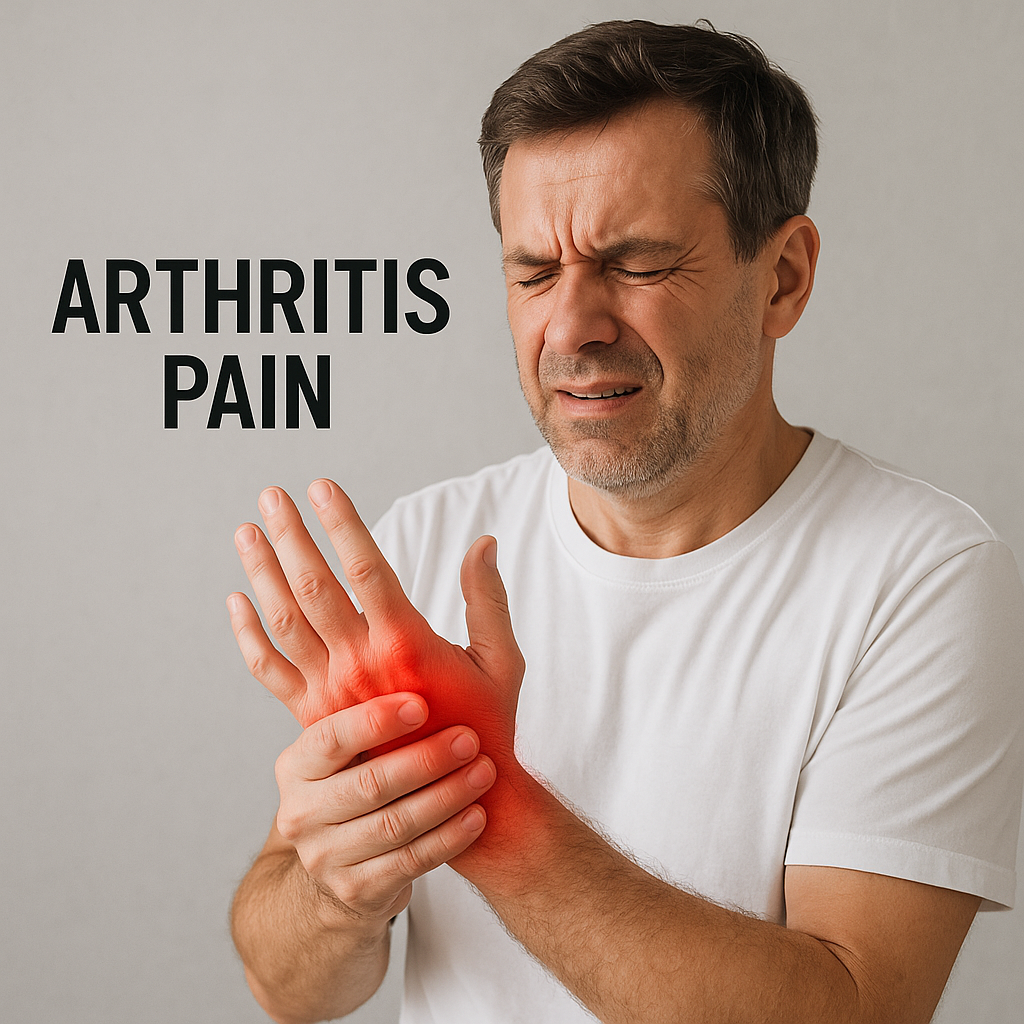Arthritis Treatment
Rheumatoid Arthritis (RA) is a chronic inflammatory disorder that primarily affects synovial joints throughout the body. The cervical spine, which contains several synovial joints, is not exempt from this systemic disease.

Causes of Rheumatoid Arthritis
The exact cause of Rheumatoid Arthritis (RA) remains unknown. While infectious agents such as viruses, bacteria, and fungi have been considered potential triggers, no definitive proof has been found. It is widely believed that genetic predisposition plays a significant role, making certain individuals more susceptible to developing the disease. Environmental factors, including infections, may trigger an abnormal immune response, which causes the body’s immune system to mistakenly attack its own tissues — particularly the synovial joints — leading to chronic inflammation and joint damage.
Signs and Symptoms of Rheumatoid Arthritis (Cervical Spine)
Rheumatoid Arthritis in the cervical spine can present a wide range of symptoms. Initially, neck pain, particularly at the base of the skull, may be one of the first signs. This discomfort is often associated with inflammation and swelling of the cervical joints.
As the disease progresses, neurological symptoms may arise due to spinal cord compression or nerve impingement. These may include:
Persistent or worsening neck pain
Headache at the base of the skull
Tingling, numbness, or weakness in the arms or legs
Loss of coordination or balance (spastic gait)
Dizziness or “blackout” episodes caused by compression of the vertebral arteries
Difficulty walking or clumsiness
Changes in bowel or bladder control, including incontinence or retention
These symptoms suggest more serious spinal cord involvement and should be reported to a healthcare provider immediately.
PMC Diagnosis
The diagnostic process at PMC begins with a comprehensive medical history, thorough physical examination, and 3D spinal X-rays to evaluate spinal alignment and joint condition. Your PMC orthopedic specialist will assess for neurological deficits, gait disturbances, and any dysfunction related to bowel or bladder control.
In most cases, an MRI scan is required to visualize soft tissue structures, including nerves, ligaments, and the spinal cord. MRI helps determine the severity of spinal cord compression and identify inflammation or joint deformities not visible on plain X-rays.
PMC Treatment
If Rheumatoid Arthritis has compromised the stability of the cervical spine, it is essential to restore spinal symmetry and prevent further progression of the disease. PMC’s advanced spinal care technology offers a non-invasive treatment designed to realign spinal vertebrae, reduce inflammation, and relieve neurological stress.
PMC treatment involves:
Restoring spinal alignment to relieve nerve and spinal cord compression
Improving joint range of motion and spinal flexibility
Stimulating the body’s natural healing and regenerative mechanisms
Preventing further structural deformities caused by RA
